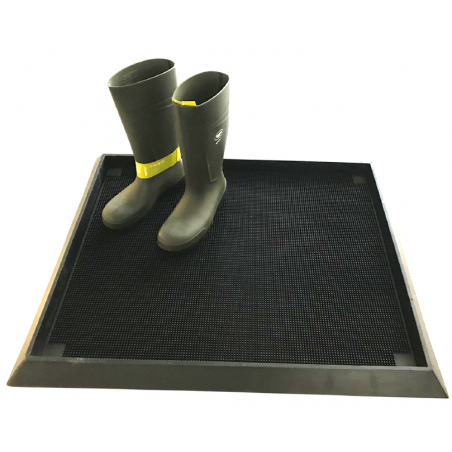The increase in the prolificacy of the sows and the consequent increase in litter size are correlated with an increased neonatal piglet mortality a decreased low birth weight (LBW). Generally, LBW littermates present an impaired long-term growth performance. Intestinal dysbiosis is one of the major causes why morbidity and impaired growth performance increases in LBW piglets. Many of the bioactive compounds contained in the amniotic fluid are also present in maternal colostrum-milk. Both amniotic fluid and colostrum are recognized mainly for their growth-promoting properties on the neonatal intestine. Phytogenic compounds (PC) are plant-derived natural bioactive compounds that have been reported to promote animal health and well-being as well as improve growth performance. It was hypothesized that dietary PC supplementation of hyperprolific sows during lactation, or the whole gestation-lactation period, would influence the litter performance by maternal transfer of these compounds. Therefore, the aim of the present study was to assess the maternal transfer of BPC to placental fluid and milk, and its effects on piglets' performance and jejunal gene expression related to intestinal functions. For that purpose, a total of 81 sows were assigned to one of 3 treatments: a control treatment (C), offered a non-supplemented diet during gestation and lactation; and two supplemented groups with 1 g/kg of a blend of PC (BPC) in lactation (L), or during gestation and lactation (GL).
Several dietary PC, such as tymol and eucalyptol, reached GL placental fluid, whereas only tymol reached the milk of L and GL sows. The BPC supplementation during gestation (GL) increased the number of born alive and reduced the newborn piglets BW, while there were no differences among treatments on the suckling (day 20) and weaned (day 7) piglets BW. The antioxidant status of suckling and weaned piglets was improved in BPC piglets. Jejunum mRNA expression of suckling piglets in L and GL groups showed an overexpression of barrier function MUC2, digestive enzyme IDO, and immune response PPARGC-α, TNF-α, TGF-ß1, and IL-10 genes.

In conclusion, maternally transferred BPC improved piglet performance and the antioxidant status of the piglets, as well as the suckling piglets’ intestinal gene expression.
Reyes-Camacho, D., Vinyeta, E., Pérez, J. F., Aumiller, T., Criado, L., Palade, L. M., Taranu, I., Folch, J. M., Calvo, M. A., Van der Klis, J. D., & Solà-Oriol, D. (2020). Phytogenic actives supplemented in hyperprolific sows: effects on maternal transfer of phytogenic compounds, colostrum and milk features, performance and antioxidant status of sows and their offspring, and piglet intestinal gene expression. Journal of Animal Science, 98(1), skz390. https://doi.org/10.1093/jas/skz390




